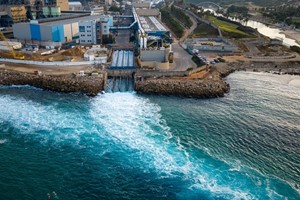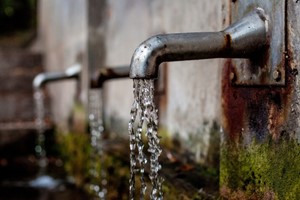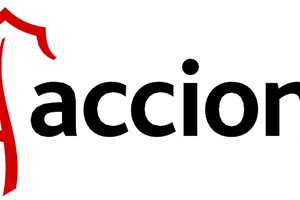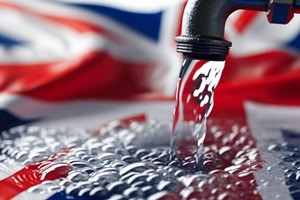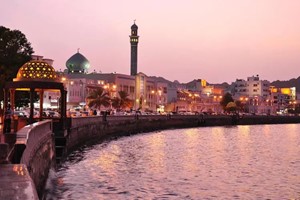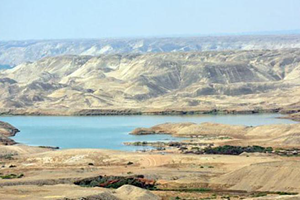On Monday, Crown Prince Moulay El Hassan of Morocco inaugurated the construction of the Casablanca seawater desalination plant in Lamharza Essahel, El Jadida province. This plant, poised to be the largest of its kind in Africa, is projected to have an annual production capacity of 300 million cubic meters and will serve approximately 7.5 million residents.
The project aligns with Morocco’s strategy to address the water crisis, particularly in areas experiencing significant rainfall deficits and heavy pressure on conventional water resources. It is part of the 2020-2027 National Program for Drinking Water Supply and Irrigation, launched by King Mohammed VI in 2020. The overall cost of this national program is expected to reach MAD 143 billion ($14.3 billion).
Designed to meet the increasing water demand in the Casablanca region and the cities of Settat, Berrechid, Bir Jdid, and nearby areas, the desalination plant will be constructed in two phases on a 50-hectare site. The total investment required for the project is MAD 6.5 billion ($652.2 million), funded through a public-private partnership. The first phase, expected to be operational by the end of 2026, will have a capacity of 548,000 cubic meters of treated water per day, which will expand to 822,000 cubic meters per day in the second phase.
The project includes the construction of a seawater desalination unit utilizing reverse osmosis technology, along with a transport system for drinking water. This system will feature plumbing stations, a storage reservoir, and a distribution network spanning nearly 130 kilometers of supply pipelines. The water transport system will require an additional MAD 3 billion ($301 million) from public funds. Furthermore, the plant will have two seawater intake pipelines measuring 1,850 meters in length, a 2,500-meter long discharge outfall, reverse osmosis desalination installations, a sludge treatment unit, and a control and management center.
Morocco has faced significant challenges related to drought and water shortages, particularly over the past five years. In response, the government has launched measures to rationalize drinking water usage, including anti-water wasting campaigns. In May, Minister of Equipment Nizar Baraka stated that the government has implemented a comprehensive water strategy focusing on three key areas: maximizing traditional water sources, aggressively developing desalination as an unconventional resource, and prioritizing water conservation and efficiency.
By Safaa Kasraoui




